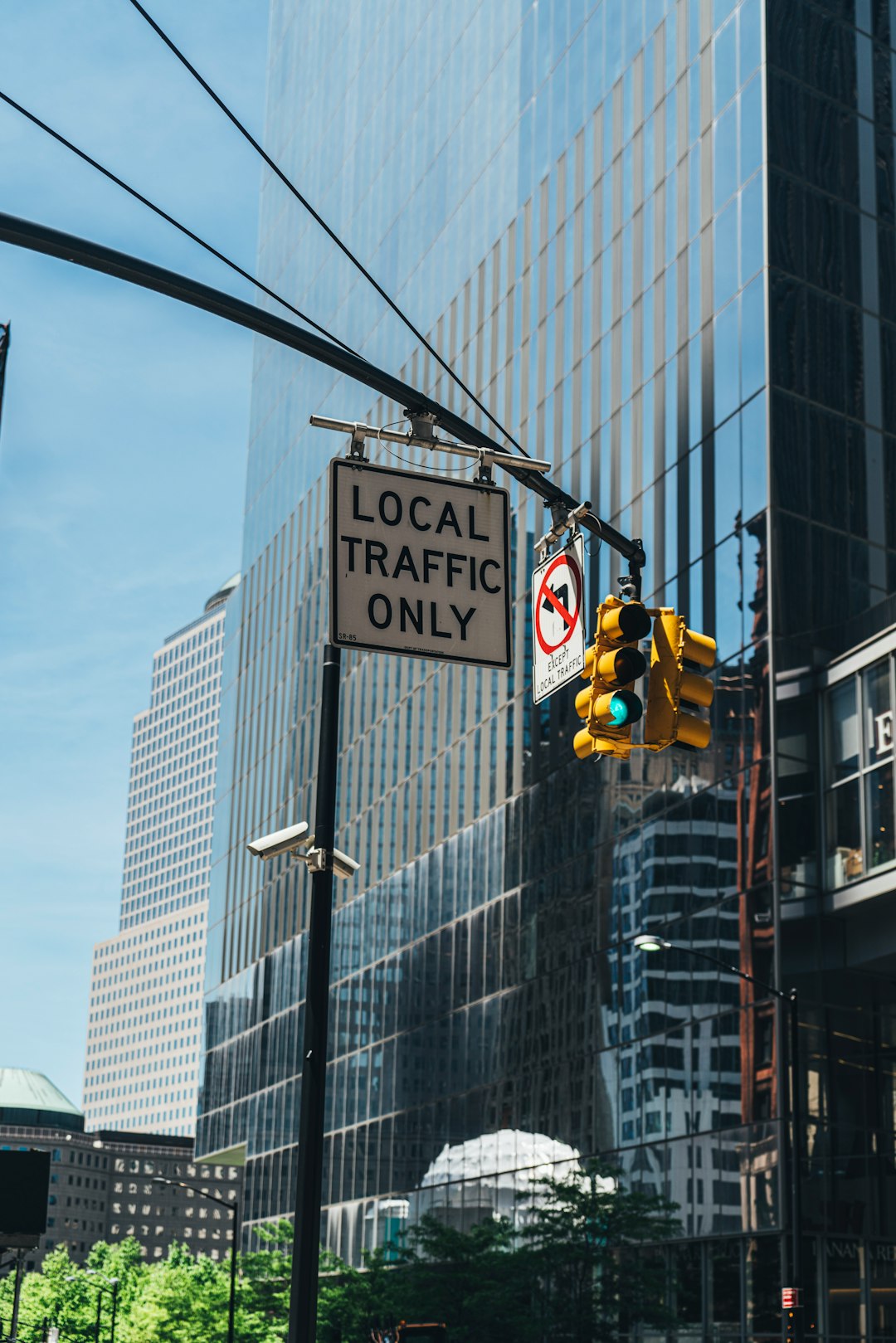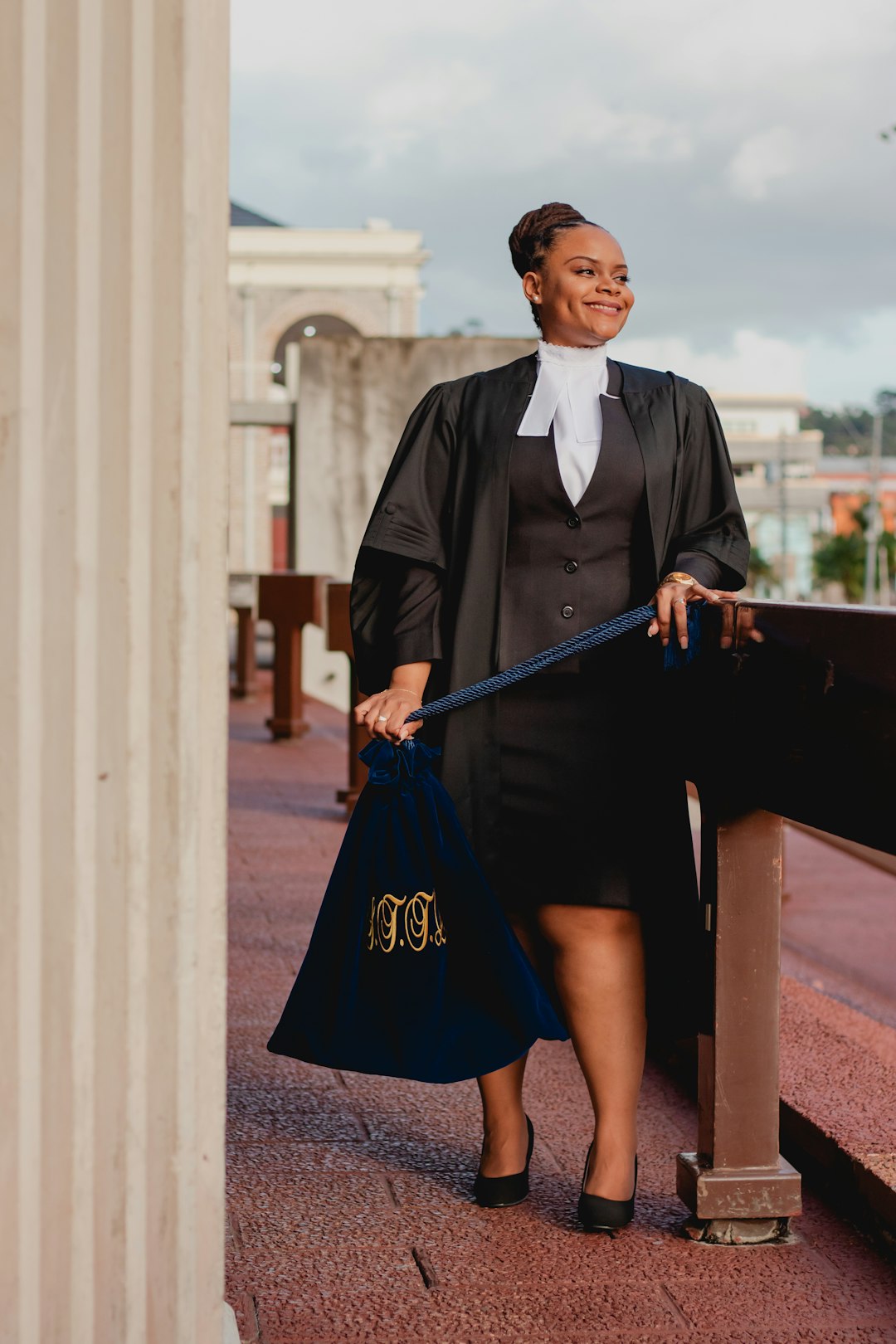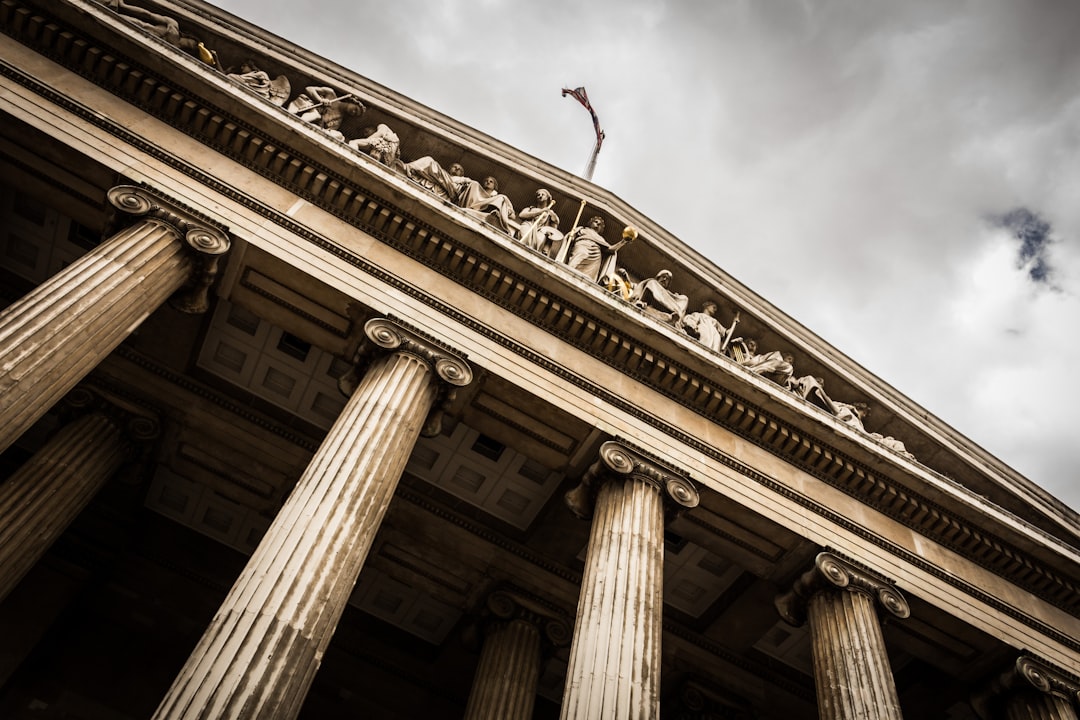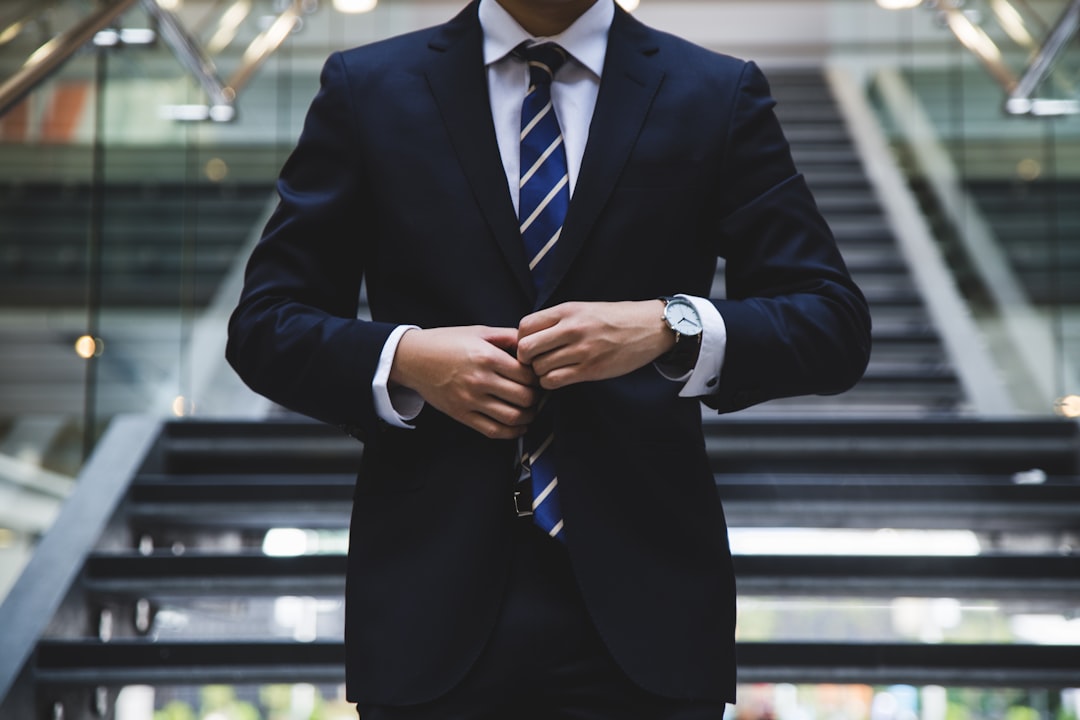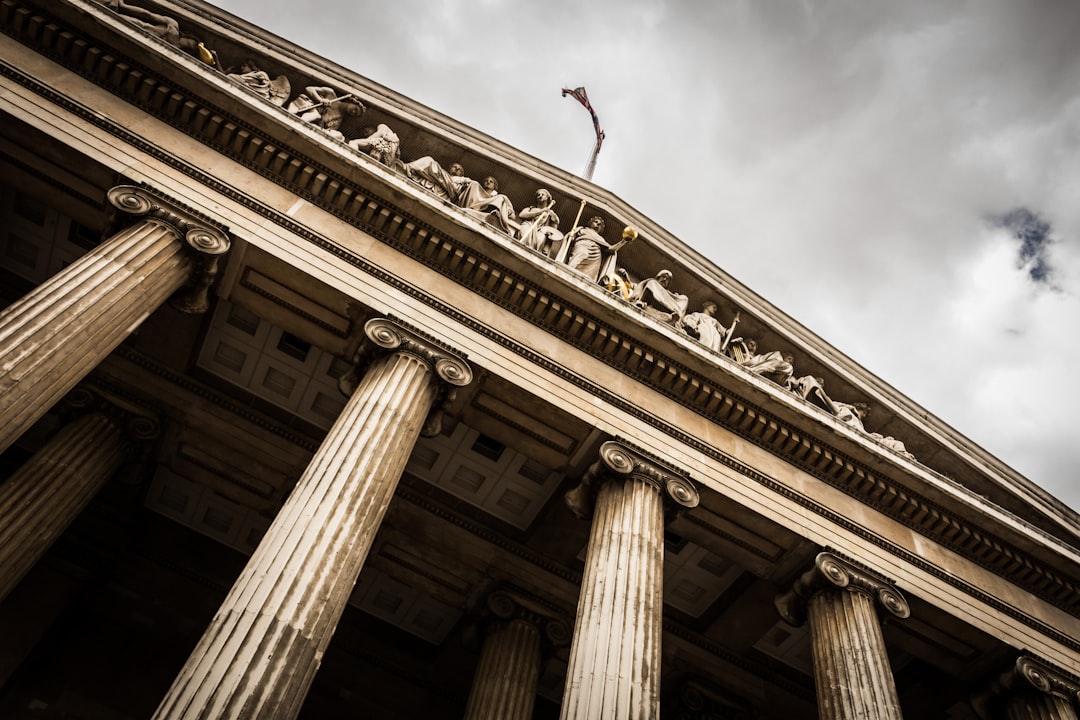In Chicago, strict laws protect victims of sexual abuse in educational institutions. Schools have a legal duty to safeguard students from harm, including sexual assault, through robust policies and procedures. Victims may seek legal recourse with the assistance of a qualified sexual abuse attorney Chicago residents trust, who can navigate complex laws and determine suitable action. Understanding your legal rights is crucial if you or someone close to you has experienced sexual abuse in school, as Illinois laws ensure accountability for institutions. Choosing the right sexual abuse attorney Chicago is critical for building a compelling case against schools that fail to protect students from sexual abuse.
In Chicago, understanding the legal landscape surrounding sexual abuse is crucial for victims seeking justice. This article navigates the complex issue of holding schools accountable for failing to prevent sexual harassment. We explore Chicago’s sexual abuse laws and the institution’s responsibility in fostering safe environments. Learn about recognizing when legal action is warranted and the essential elements for building a strong case. Additionally, discover key steps in choosing the right sexual abuse attorney in Chicago to guide you through this challenging process.
Understanding Sexual Abuse Laws in Chicago
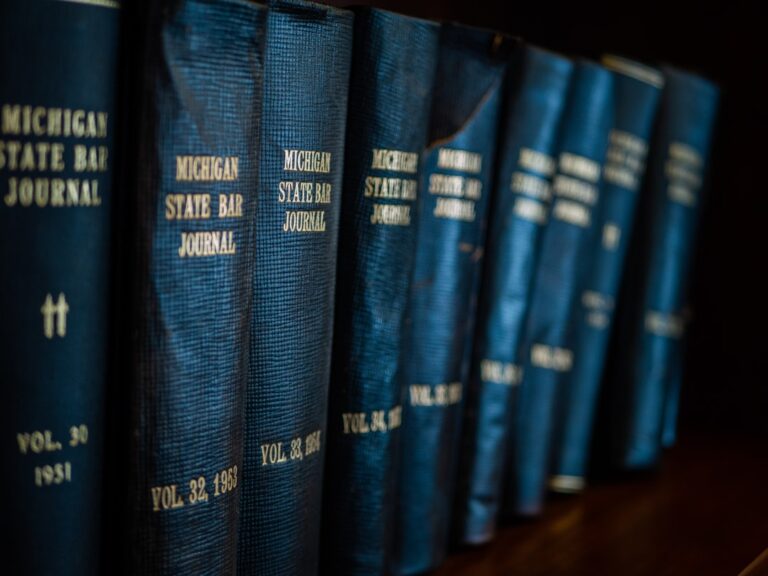
In Chicago, as across many jurisdictions, laws regarding sexual abuse are in place to protect victims and ensure accountability. If a school fails to prevent or adequately address sexual abuse within its walls, it may be held liable. A sexual abuse attorney Chicago residents trust can guide survivors through this complex legal landscape.
Understanding these laws is crucial for anyone considering taking legal action against a school. In Illinois, including Chicago, educational institutions have a duty of care to protect students from harm, including sexual assault. This includes implementing policies and procedures to identify, report, and respond to incidents of sexual abuse effectively. If a school breaches this duty, victims may have grounds to file a lawsuit for negligence. A sexual abuse attorney in Chicago can help interpret these laws and determine the best course of action based on each unique case.
The Role of Schools in Preventing Sexual Harassment

Schools have a legal and moral obligation to provide a safe learning environment for their students, free from any form of harassment or abuse, including sexual misconduct. In Chicago, as in many places across the country, there are strict laws in place to protect minors and hold educational institutions accountable for their failure to prevent sexual abuse. A sexual abuse attorney Chicago can guide victims and their families through this complex legal landscape.
Schools play a critical role in identifying potential risks of sexual harassment and implementing preventive measures. This includes educating students about consent, promoting respectful behavior, establishing clear reporting procedures, and promptly investigating any allegations of misconduct. By fostering an environment where students feel comfortable discussing sensitive issues, schools can better identify and address instances of sexual abuse.
When Can You Take Legal Action Against a School?

If you or someone close to you has experienced sexual abuse while attending a school in Chicago, understanding your legal rights is crucial. In Illinois, including Chicago, there are laws in place to protect students from such incidents and ensure accountability for educational institutions. You may consider taking legal action against a school if the administration was negligently unresponsive to known or suspected instances of sexual abuse within its premises.
A sexual abuse attorney in Chicago can help determine liability by examining factors like whether the school received reports or complaints about the abuser, their failure to conduct proper background checks, and their lack of implementation or adherence to safety protocols designed to safeguard students from such horrors. The goal is to ensure schools are held accountable for their duty of care towards students, fostering a safer environment for everyone.
Building a Case: Evidence and Legal Requirements
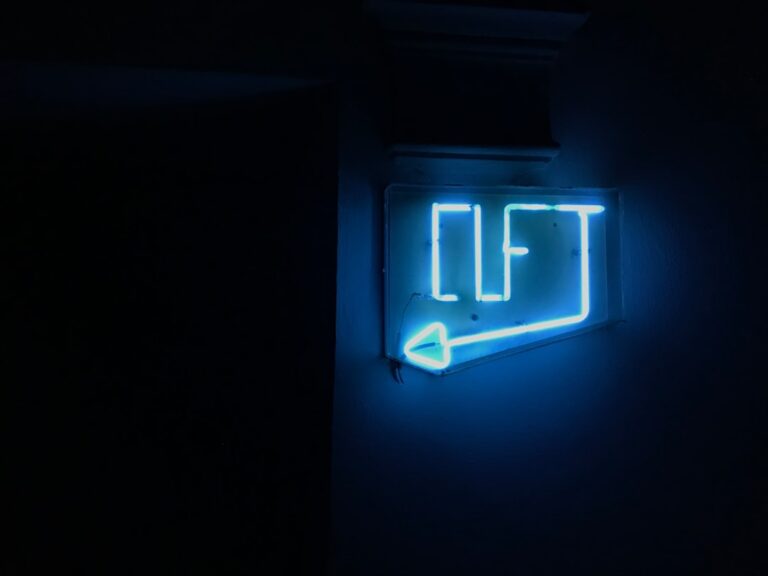
When considering legal action against a school for failing to prevent sexual abuse, it’s crucial to understand the evidence required and the legal standards involved. As a sexual abuse attorney in Chicago, we often see cases where victims and their families seek justice for negligence and failure to protect students. Building a strong case involves gathering comprehensive evidence, including detailed records of incidents, witness statements, and expert opinions.
The legal requirements for such claims are stringent. Plaintiffs must prove that the school had a duty of care to protect students from sexual abuse, breached this duty through negligent actions or inactions, and that their negligence directly caused harm or injury to the victim. This may include demonstrating a pattern of similar incidents, knowledge of potential risks, and failure to implement adequate safety measures. Engaging the services of an experienced sexual abuse attorney Chicago is essential to navigate these complexities and ensure all legal grounds are thoroughly explored.
Choosing the Right Sexual Abuse Attorney in Chicago

When considering legal action against a school for failure to prevent sexual abuse, selecting the right sexual abuse attorney Chicago is paramount. It’s crucial to find a lawyer with extensive experience in handling such cases, as this type of litigation can be complex and emotionally charged. Look for attorneys who specialise in education law and have a proven track record of success against schools and educational institutions.
Expertise in sexual abuse litigation is essential. The attorney should be well-versed in the laws surrounding child protection, institutional liability, and the specific regulations in Illinois related to school safety. Additionally, consider an attorney who can offer a supportive and understanding approach, as victims of sexual abuse often require sensitive and compassionate representation during what can be a traumatic process.
